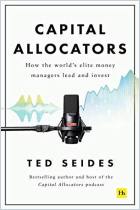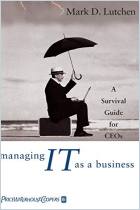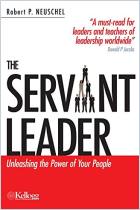Únase a getAbstract para acceder al resumen.

Únase a getAbstract para acceder al resumen.
Ted Seides
Capital Allocators
How the World's Elite Money Managers Lead and Invest
Harriman House, 2021
¿De qué se trata?
Want to make it as a chief investment officer? Here’s an instruction manual.
Recommendation
Chief investment officers can make big money, but succeeding in this high-stakes field means candidates must possess a well-rounded set of skills. In this practical and perceptive manual, money manager Ted Seides draws up a playbook for aspiring CIOs. Seides bases his advice on a combination of his own experience and the insights he has gained by interviewing other investment officers on his Capital Allocators podcast. To establish a career, Seides says, you'll need to master both relationship building and the discipline of setting investment goals and sticking to them.
Summary
About the Author
Ted Seides spent 25 years as an institutional investor, allocating capital to money managers. He started his career at the Yale University Investments Office and later founded an alternative investment firm. In 2017, he launched the Capital Allocators podcast, a series of interviews with leading CIOs.




















Comment on this summary